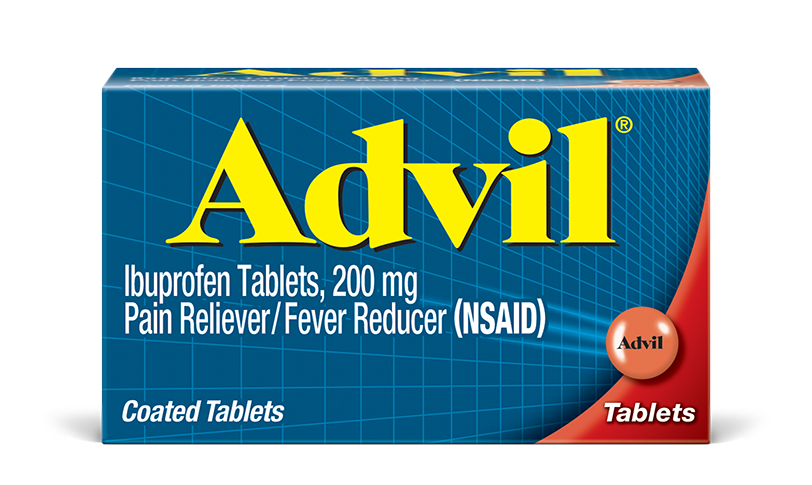What should you really be taking for your headache?
By Noelle Zimmerman, Staff Writer
Complementary and alternative medicine: a range of medical therapies that fall beyond the scope of scientific medicine but may be used alongside it in the treatment of disease and ill health. Some forms of complementary medicine date back to the 14th century and revolve around ancient cultural beliefs that relate to a healthy mind, positive energy, and other traditional Chinese beliefs. Around the 1950s, most money and research were dedicated to conventional medicine, making it seem like the norm. However, people are slowly beginning to integrate complementary medicine into their lives.
There are many flaws that come with conventional medicine. Most treatments act more as Band-Aids, providing temporary relief instead of actually fixing the problem. This is because most doctors do not take the time to get to know their patients; they simply prescribe medications, so that they can quickly move on to the next patient and make more money.
The movie Escape Fire perfectly exposes all of the flaws of conventional medicine. Dr. Erin Martin used to work for a conventionally-run office. She knew that she had seen enough when a suicidal woman appeared in her office, physically rocking back and forth because she had just tried to end her own life. When she tried to find out why this woman was not being taken care of, she discovered that the woman had simply been prescribed different medications. Angered and in disbelief, she took control of the situation and spoke with the patient, calming her down. Dr. Erin Martin now works as a Primary Care physician with special interests in Integrative and Functional Medicine.
Some examples of complementary medicine are herbal medicine, holistic nutrition, and traditional Chinese medicine. These practices can help with almost any health issue: chronic pain, depression, obesity, cancer, ADHD, fertility, Parkinson’s, Alzheimer’s, food cravings, smoking, fatigue, digestive issues, diabetes, headaches, and more. Remedies of complementary medicine are normally cheaper than those of conventional medicine, and they have significantly smaller numbers of negative side effects. There are a compelling number of complementary medicine success stories like acupuncture saving people from pain killer addictions and herbal remedies stopping people from having seizures.
In my First-Year Seminar, Complementary and Alternative Medicine, taught by Professor Lehman, the class has been able to try acupuncture, cupping, and more. The whole class received acupuncture in the ear, and we were able to spend the rest of class sleeping. I have never felt more relaxed in my life, and I can certainly see how acupuncture is so effective. However, complementary medicine can be simple methods such as deep breathing, meditation, mindfulness, and positive speaking. Practicing these easy things can make you more relaxed and happy overall. After my personal experience with complementary medicine, I will continue to encourage others to learn more about it instead of relying on conventional medicine.

